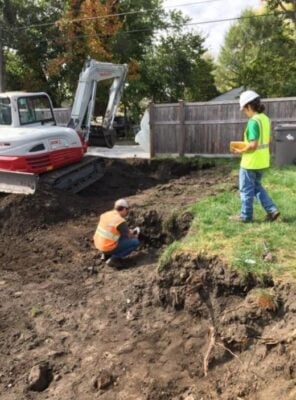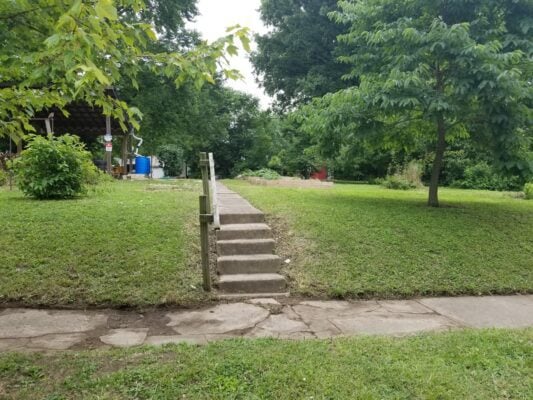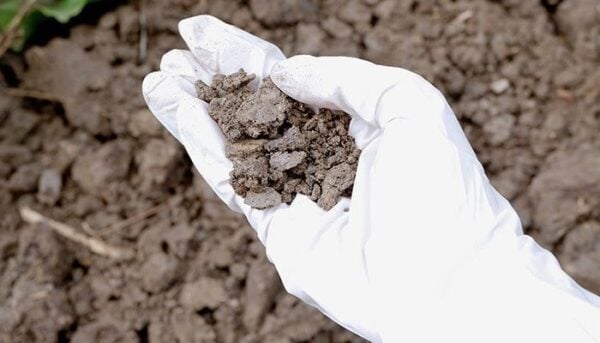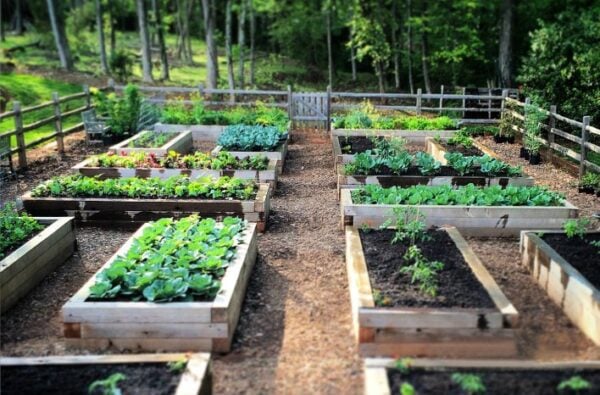Gardening is a great way to grow fresh food, but in areas like Martindale-Brightwood, soil contamination, especially lead, poses challenges. Here’s a guide to staying safe while planting your garden.
Why is lead in soil a concern?
Lead is common in urban soil, especially near older buildings with lead-based paint or areas with heavy traffic. High lead levels can be harmful, especially for children. That’s why it’s important to take precautions before planting.

Step 1: Test your soil
Before you start, test your soil for lead.
- Where to find a test: Free kits are available through the Indianapolis Public Library (IPL) or the Marion County Health Department.
- How to test: Collect soil from multiple spots in your yard, especially near old buildings or busy roads. Mix these samples and follow the instructions in your kit.
Soil lead levels are measured in parts per million (ppm):
- Under 200 ppm: Safe for most gardening.
- 200-400 ppm: Safe with precautions (wash veggies, peel root crops).
- Over 400 ppm: Avoid direct planting; use raised beds or container gardening.

Step 2: Build raised beds or use clean soil
If your soil has high lead levels, don’t worry. Raised beds filled with clean soil and compost are a simple fix. You can even layer materials like cardboard, compost and soil for an easy, budget-friendly solution called “lasagna gardening.”
Step 3: Choose safe and easy-to-grow plants
In Indianapolis, many fruits and vegetables grow well. Here’s what works best:
- Warm-weather crops: Tomatoes, peppers, cucumbers, squash. Plant after the last frost (late April).
- Cool-weather crops: Lettuce, spinach, kale, peas, radishes. These can be planted in early spring or late summer for a fall harvest.
- Herbs: Basil, cilantro, parsley and thyme thrive in the summer.

Step 4: Visit the free seed library
The Indianapolis Public Library (IndyPL) Martindale-Brightwood branch has a free seed library offering vegetable, herb and flower seeds. You can grab up to five packets per visit from March to September. Popular choices include tomatoes, squash, greens and flowers like marigolds. The library also hosts workshops on safe planting.
Step 5: Practice safe gardening
To reduce exposure to lead, follow these tips:
- Wash your hands and produce thoroughly.
- Peel root vegetables like carrots.
- Cover bare soil with mulch or grass to prevent dust.
- Use gloves when gardening.
- Leave gardening shoes outside to avoid bringing soil indoors.

Step 6: Plan for the future
Gardening is a long-term effort. Test your soil every few years, add compost regularly to improve soil quality and keep learning about safe practices.
With a little planning and help from local resources, you can enjoy a thriving garden while staying safe. Residents can get a soil test kit at IndyPL or Marion County Health Department.
Visit extension.purdue.edu to learn more about urban gardening.
This reporting is made possible by a grant from the Indianapolis African-American Quality of Life Initiative, empowering our community with essential health insights. https://iaaqli.org/
Contact Health & Environmental Reporter Hanna Rauworth at 317-762-7854 or follow her on Instagram at @hanna.rauworth.
Hanna Rauworth is the Health & Environmental Reporter for the Indianapolis Recorder Newspaper, where she covers topics at the intersection of public health, environmental issues, and community impact. With a commitment to storytelling that informs and empowers, she strives to highlight the challenges and solutions shaping the well-being of Indianapolis residents.





